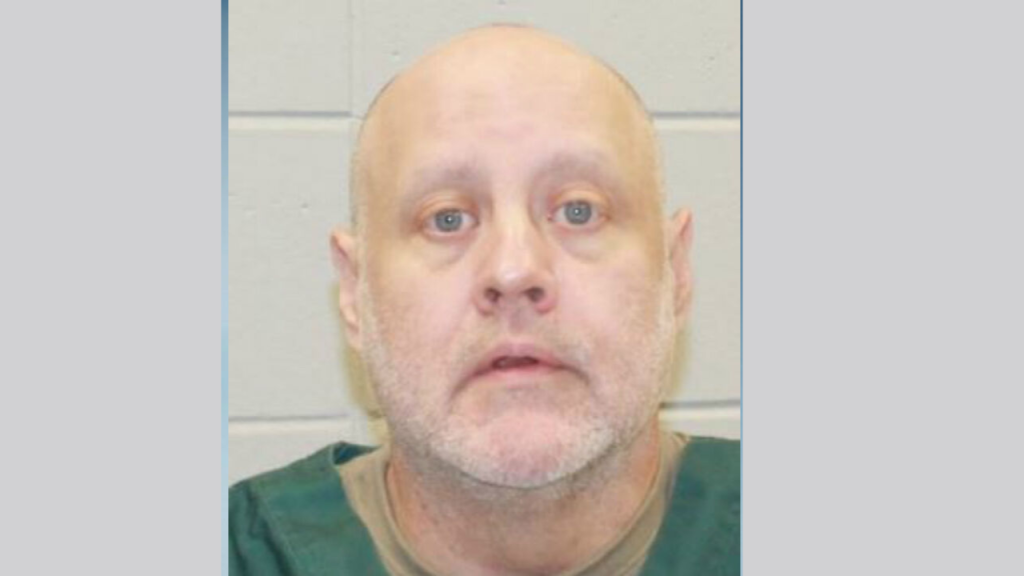
David Kahl, the man convicted for the 2008 murder of Brittany Zimmerman, a 21-year-old University of Wisconsin-Madison student, has died while serving his life sentence in prison. His death closes a significant and painful chapter for the family, friends, and community still impacted by the tragic loss.
A Tragic Case That Shook the Community
Brittany Zimmerman was a beloved student known for her bright future and dedication to her studies. On the night of March 6, 2008, she was found dead in her apartment. The investigation revealed that she was the victim of a violent crime, which led to the arrest of David Kahl.
Kahl was convicted after a lengthy trial and was sentenced to life imprisonment without the possibility of parole. The case drew significant media attention and left an enduring mark on Madison’s community, highlighting concerns about student safety and crime prevention.
Details of Kahl’s Death Remain Limited
As of now, the Wisconsin Department of Corrections has not disclosed the circumstances or cause of David Kahl’s death. Official statements are pending, and the department has urged the public and media to respect the privacy of the involved parties.
The silence around the details has left many questions unanswered. Prison deaths of convicted criminals often raise concerns about inmate health, safety, and prison conditions, topics that continue to be under public scrutiny nationally.

Impact on Brittany Zimmerman’s Family and Community
Brittany Zimmerman’s family has always maintained a stance of seeking privacy and healing rather than public confrontation. Her loved ones had previously requested that the community remember Brittany for her spirit and kindness rather than the tragedy of her death.
Local residents and the university community continue to honor Brittany’s memory through scholarships, awareness programs, and safety initiatives aimed at protecting students and reducing violent crime.
Prison Conditions and Inmate Health
David Kahl’s death brings attention to the conditions within correctional facilities. According to the Wisconsin Department of Corrections, the state is committed to ensuring the health and safety of inmates, providing medical care, and monitoring prison environments regularly. More information about Wisconsin’s correctional policies and inmate healthcare can be found on the Wisconsin Department of Corrections website.
Nationally, the Federal Bureau of Prisons oversees inmate welfare in federal prisons, setting standards that many states aim to meet or exceed. For insight into federal policies on inmate care and prison health standards, visit the Federal Bureau of Prisons official site.
The Legal and Social Legacy
The death of a convicted murderer in prison sometimes reopens discussions about justice, punishment, and closure for victims’ families. For Brittany Zimmerman’s case, the community continues to grapple with the loss while pushing forward with efforts to promote safety and support for survivors of violence.
Legal experts note that the criminal justice system’s role extends beyond sentencing; it includes rehabilitation where possible and maintaining humane conditions in custody. Prison deaths, whether due to illness, violence, or other causes, are often reviewed thoroughly to prevent recurrence and ensure accountability.
